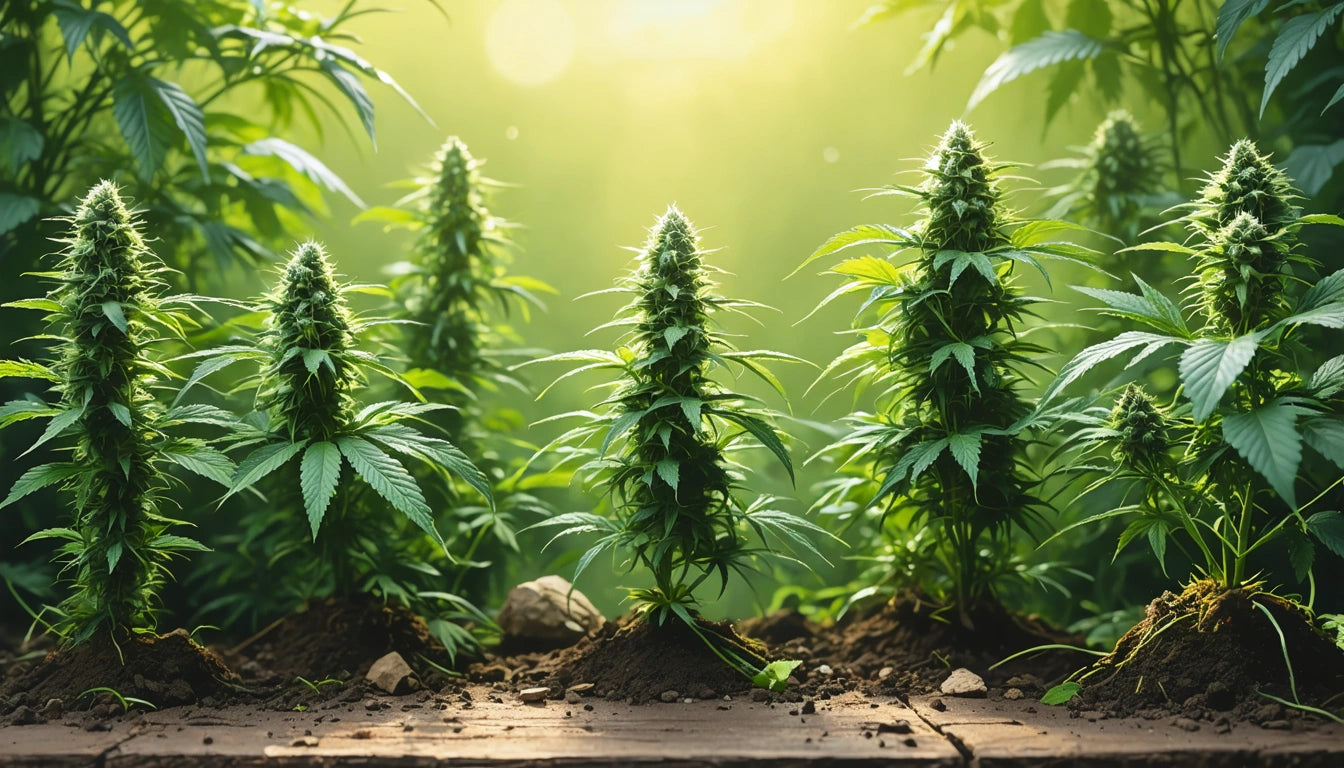Table of Contents
- Geographical Differences: Mountains vs. Coastlines
- Economic Landscape: Industry Focus and Job Markets
- Cannabis Regulations: How Colorado and Washington Differ
- Cost of Living: Housing, Taxes, and Daily Expenses
- Outdoor Recreation: Activities in Each State
- Future Considerations: Which State Might Be Right For You
Colorado vs. Washington State: A Comprehensive Comparison
When comparing Colorado versus Washington state, potential residents and businesses face a choice between two states with distinctive landscapes, economies, and lifestyles. Both states offer stunning natural beauty, progressive policies, and growing economies, but they differ significantly in climate, geography, and regulatory environments. This comparison explores the key differences to help you determine which state might better suit your needs.
Geographical Differences: Mountains vs. Coastlines
Colorado and Washington present dramatically different geographical features that influence everything from climate to lifestyle.
Colorado's Continental Climate
Colorado is known for its inland mountain terrain with the Rocky Mountains dominating the western half of the state. The eastern plains offer a stark contrast with their flat, prairie-like landscape. Colorado's climate features:
- 300+ days of sunshine annually
- Four distinct seasons with dry air and low humidity
- Dramatic temperature fluctuations between day and night
- Average elevations above 6,800 feet
These geographical features make Colorado ideal for winter sports, hiking, and outdoor activities that benefit from consistent sunshine and low precipitation in many regions.
Washington's Maritime Influence
Washington state offers greater geographical diversity with:
- 469 miles of Pacific coastline
- The Cascade Mountain range dividing the state
- Temperate rainforests in the Olympic Peninsula
- Arid desert conditions in the eastern regions
Washington's climate is heavily influenced by the Pacific Ocean, resulting in milder temperatures but significantly more rainfall, particularly in western regions like Seattle, where overcast days are common throughout fall and winter.
Economic Landscape: Industry Focus and Job Markets
The economic differences between Colorado and Washington reflect their geographical and historical development paths.
Colorado's economy has traditionally centered around natural resources, tourism, agriculture, and more recently, technology and aerospace. Business opportunities in Colorado have expanded significantly in recent years, particularly in Denver's growing tech scene.
Washington's economy is dominated by technology, aerospace, agriculture, and international trade. The Seattle area hosts major corporations like Amazon, Microsoft, and Boeing, creating a robust job market for tech professionals. The state's ports also facilitate significant international commerce with Asia.
Both states have embraced the cannabis industry, though with different regulatory approaches. While researching equipment for cannabis production, many businesses in both states rely on specialized filling equipment for precise product preparation to meet strict compliance standards.
Cannabis Regulations: How Colorado and Washington Differ
As the first two states to legalize recreational cannabis, Colorado and Washington have developed distinct regulatory frameworks.
Colorado's Cannabis Framework
Colorado implemented its recreational cannabis program in 2014, establishing what many consider a model for other states. Key aspects include:
- Vertical integration requirements (initially)
- Local control allowing municipalities to ban cannabis businesses
- Comprehensive tracking from seed to sale
- Evolving regulations addressing emerging market needs
Colorado's cannabis laws continue to evolve, with recent changes focusing on social equity and expanding medical access.
Washington's Approach
Washington state prohibits vertical integration, creating a three-tier system of producers, processors, and retailers. Additional differences include:
- Higher tax rates than Colorado
- Initially stricter limits on retail locations
- Different approaches to home growing (initially prohibited)
- State-controlled distribution system
These regulatory differences have shaped how the cannabis industry has developed in each state, influencing everything from product availability to pricing structures.
Cost of Living: Housing, Taxes, and Daily Expenses
The cost of living varies significantly between Colorado and Washington state, with regional differences within each state.
Housing Markets
In Colorado, Denver and Boulder have experienced substantial housing price increases, though they remain more affordable than Seattle. The median home price in Denver hovers around $550,000 compared to Seattle's $750,000+.
Washington's housing costs vary dramatically between the Seattle metropolitan area and eastern regions like Spokane, where prices can be 40-50% lower.
Tax Considerations
Colorado has:
- A flat state income tax of 4.55%
- Combined state and local sales taxes averaging 7.72%
- Property taxes averaging 0.51% of home value
Washington offers:
- No state income tax
- Higher sales taxes (combined average of 9.23%)
- Property taxes averaging 0.93% of home value
For individuals and businesses making location decisions, these tax differences can significantly impact overall costs and financial planning.
Outdoor Recreation: Activities in Each State
Both Colorado and Washington offer exceptional outdoor recreation opportunities, though with different emphases.
Colorado is renowned for:
- World-class skiing and snowboarding across numerous resorts
- Hiking and climbing 58 mountains over 14,000 feet
- Mountain biking on extensive trail networks
- Whitewater rafting on multiple river systems
Washington features:
- Coastal activities including sailing and sea kayaking
- Temperate rainforest hiking in Olympic National Park
- Mountain recreation in the Cascades, including Mt. Rainier
- Island exploration in Puget Sound
The cannabis culture in Colorado has increasingly integrated with outdoor recreation, creating unique tourism opportunities that differ from Washington's approach.
Future Considerations: Which State Might Be Right For You
When evaluating Colorado v Washington for relocation or business opportunities, consider these factors:
Choose Colorado if you prefer:
- Abundant sunshine and drier climate
- Mountain-centric lifestyle
- Lower overall tax burden for high-income earners
- Central U.S. location with easier access to both coasts
- More established cannabis regulatory framework
Choose Washington if you prefer:
- Milder temperatures with fewer extremes
- Coastal access and maritime activities
- No state income tax
- Proximity to international borders (Canada)
- Larger technology job market
Both states continue to experience population growth, economic development, and evolving regulatory landscapes. Colorado's cannabis scene and Washington's industry both offer valuable insights into how regulated markets develop over time.
Whether you choose the mountain vistas of Colorado or the evergreen forests of Washington, both states offer progressive environments with strong economic opportunities and outstanding quality of life potential.











Leave a comment
All comments are moderated before being published.
This site is protected by hCaptcha and the hCaptcha Privacy Policy and Terms of Service apply.